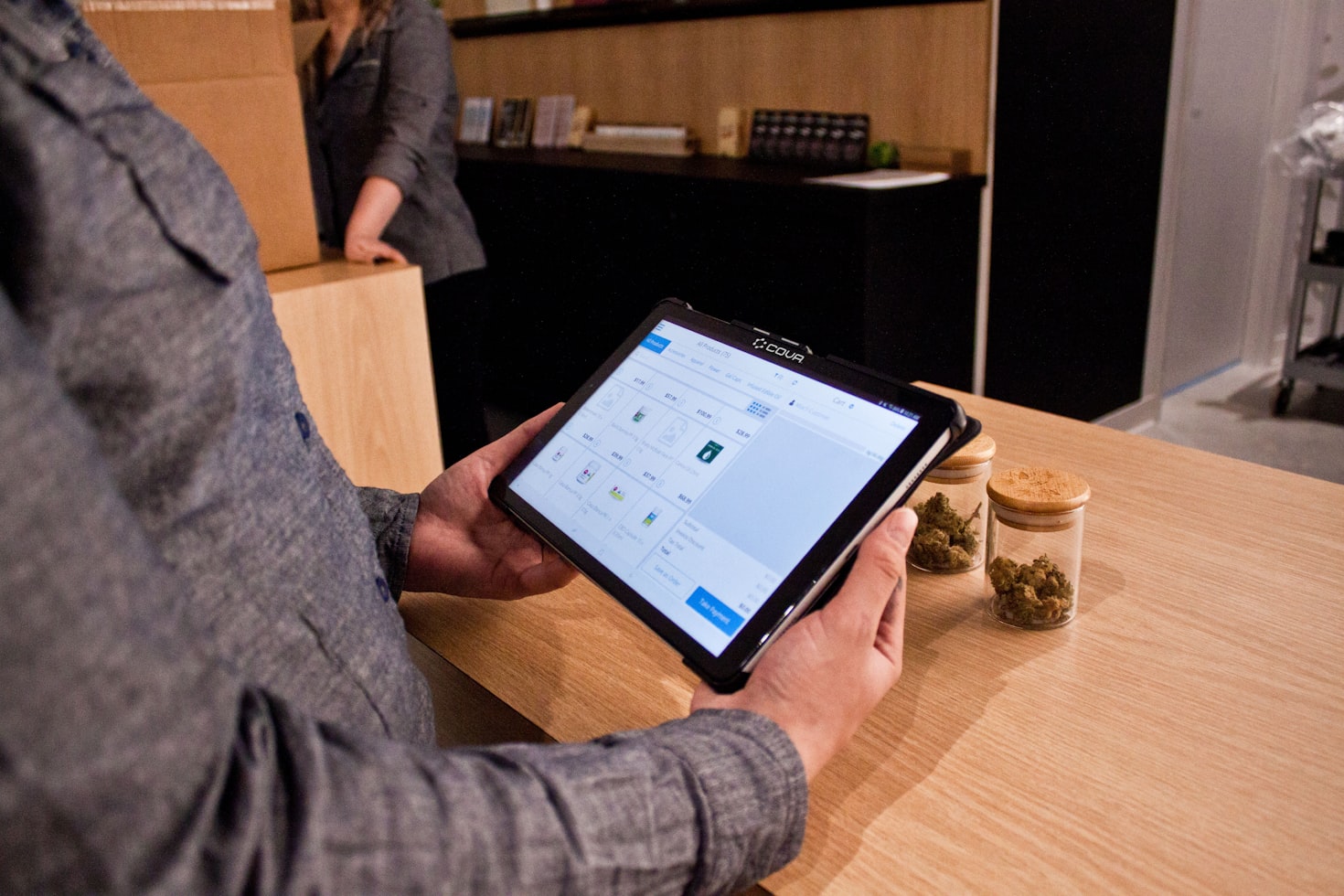Which Payment Option Provides Consistency In On Time Bill Payment
Managing bill payments can be a challenging task, especially when juggling multiple bills and due dates. Late payments can result in penalties, damage credit scores, and create unnecessary stress. To ensure consistency in on-time bill payment, it is crucial to choose the right payment option. In this article, we will explore various payment options and determine which one provides the most consistency.
1. Automatic Bill Payment
Automatic bill payment is a convenient option that allows individuals to set up recurring payments for their bills. This method ensures that payments are made on time without requiring manual intervention. By linking a bank account or credit card to the billing company, the payment is automatically deducted on the due date.
Benefits of automatic bill payment:
- Consistency: Payments are made on time every month, eliminating the risk of late fees or penalties.
- Convenience: Once set up, there is no need to remember due dates or manually initiate payments.
- Time-saving: Automatic bill payment reduces the time spent on managing bills and writing checks.
However, it is essential to monitor bank statements regularly to ensure accurate deductions and avoid any potential errors.
2. Online Bill Payment
Online bill payment is another popular option that provides consistency in on-time payments. With online banking services offered by most financial institutions, individuals can pay their bills electronically through their bank’s website or mobile app.
Advantages of online bill payment:
- Flexibility: Payments can be scheduled in advance, allowing individuals to choose the most convenient date.
- Real-time tracking: Online banking platforms provide real-time updates on payment status, ensuring transparency.
- Accessibility: Bills can be paid from anywhere with an internet connection, providing convenience and flexibility.
Online bill payment also allows individuals to save money on postage and eliminates the need for writing checks.
3. Mobile Payment Apps
In recent years, mobile payment apps have gained popularity as a convenient way to manage bill payments. These apps allow users to link their bank accounts or credit cards and make payments directly from their smartphones.
Benefits of mobile payment apps:
- Convenience: Payments can be made anytime, anywhere, using a smartphone.
- Reminders: Many mobile payment apps offer reminders for upcoming due dates, reducing the chances of missing payments.
- Security: Mobile payment apps often employ encryption and other security measures to protect users’ financial information.
Popular mobile payment apps include PayPal, Venmo, and Apple Pay, which offer a seamless and secure payment experience.
4. Traditional Check Payments
While electronic payment methods have become more prevalent, some individuals still prefer the traditional method of writing and mailing checks to pay their bills.
Advantages of traditional check payments:
- Control: Writing checks allows individuals to have more control over their payments and review them before sending.
- Record-keeping: Checks provide a physical record of payment, which can be useful for personal financial management.
- Preference: Some individuals may feel more comfortable with the familiarity of writing checks.
However, traditional check payments have some drawbacks, including the need for postage, potential delays in mail delivery, and the risk of errors in writing the check.
5. FAQ
1. Can I use multiple payment options for different bills?
Yes, you can choose different payment options based on your preferences and the options provided by each billing company. It is essential to ensure that you are comfortable with the payment method and can consistently make on-time payments.
2. What happens if I miss a payment using automatic bill payment?
If you miss a payment using automatic bill payment, you may incur late fees or penalties from the billing company. It is crucial to monitor your bank statements regularly to ensure that payments are being deducted correctly.
3. Are mobile payment apps secure?
Mobile payment apps employ various security measures, such as encryption and biometric authentication, to protect users’ financial information. However, it is essential to choose reputable and trusted apps and follow best practices for securing your smartphone and personal information.
4. Can I cancel automatic bill payments?
Yes, you can cancel automatic bill payments at any time. Most billing companies provide options to manage and cancel automatic payments through their websites or customer service.
5. Are there any fees associated with online bill payment?
Many banks offer online bill payment services free of charge. However, it is essential to check with your bank to understand any potential fees or limitations associated with online bill payment.
6. Can I still receive paper bills if I choose online bill payment?
Yes, many billing companies offer the option to receive paper bills even if you choose to pay them online. This allows individuals to have a physical record of their bills while still enjoying the convenience of online payment.
Summary
Consistency in on-time bill payment is crucial to avoid penalties and maintain financial stability. While various payment options are available, automatic bill payment, online bill payment, and mobile payment apps offer the most consistency and convenience. These methods eliminate the risk of forgetting due dates and provide real-time tracking of payments. Traditional check payments, although still preferred by some individuals, may have drawbacks such as potential delays and errors. Ultimately, choosing the right payment option depends on personal preferences and the options provided by each billing company.
